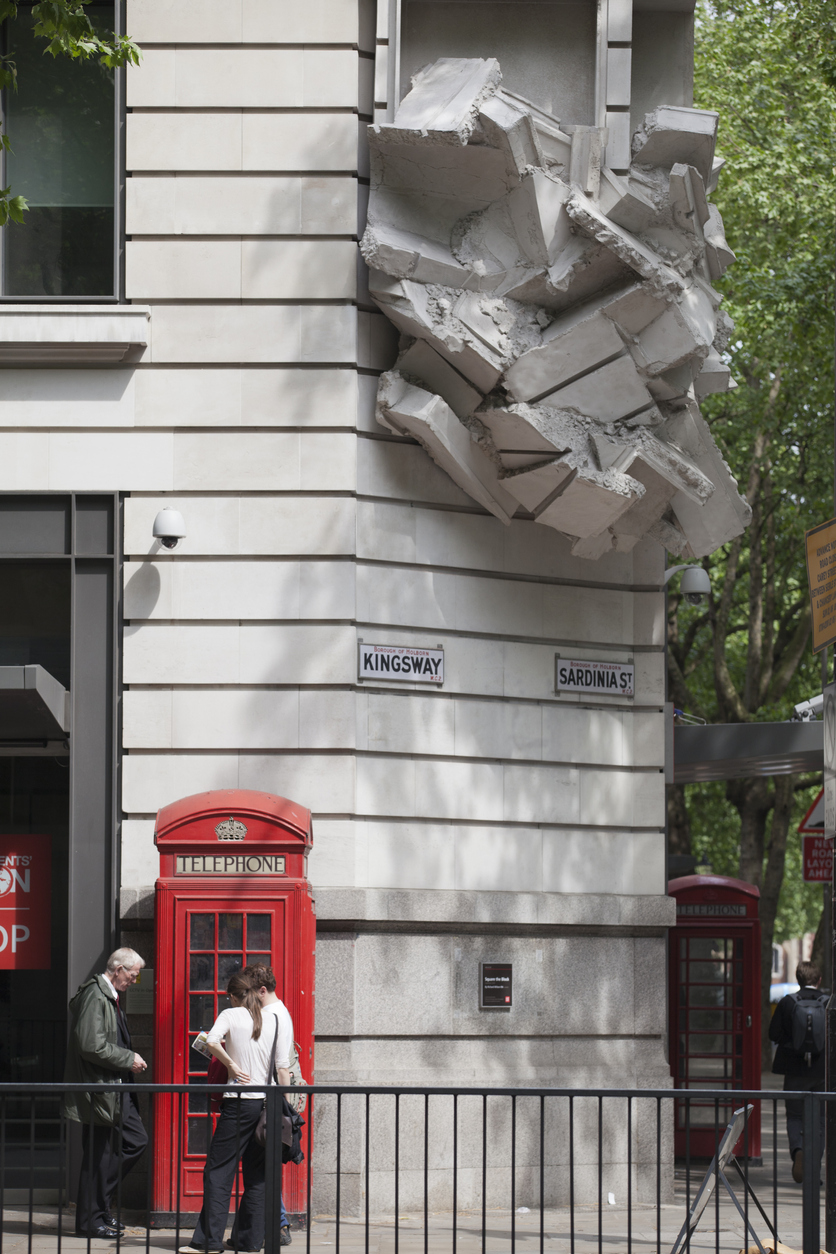Additional living expense calculations are often overlooked when adjusting property insurance claims. A California class action complaint shows how Nationwide Insurance tries to save millions on that calculation:
19. The coverage for ‘additional living expenses’ includes reimbursement for increases in necessary travel resulting from the compelled relocation from the residence premises whose habitability has been impaired as the result of a covered occurrence. These payments are referred to as ‘relocation mileage expenses.’
20. Industry practice for insurers reimbursing their policyholders for costs incurred for increased mileage under the ‘additional living expenses’ coverage is based upon the annually published Internal Revenue Service (IRS) ‘Standard Mileage Rates’ for business use.
21. However, deviating from industry practice, NATIONWIDE limits the rate at which it pays for increased mileage to which an insured is entitled by instead using the IRS Standard Mileage Rate for medical and moving purposes.
22. An independent contractor conducts an annual study for the IRS of the fixed and variable costs of operating an automobile to determine the standard mileage rates for business, medical, and moving use. The standard mileage rate for business use is based on the fixed and variable costs of operating an automobile. The rate for medical and moving purposes is based on the variable costs, only.
23. The IRS Standard Mileage Rate for business use is approximately three times higher than the IRS Standard Mileage Rate for medical and moving use, resulting in a substantial savings for NATIONWIDE.
24. NATIONWIDE’s use of the lower medical and moving use rate fails to compensate its policyholders for the fixed costs associated with operating an automobile and thus fails to fully indemnify them for their losses under the terms of their policies.
Unfortunately, the class action lawsuit took a nosedive into the ‘better luck next time’ pool. In a spooktacular Halloween order of dismissal,1 the court handed out tricks instead of treats to the plaintiffs. It ruled that regarding a lawsuit, timing is everything. California’s statute of limitations prevented the lawsuit:
The statutes of limitation on these claims begins to run when ‘the injured party discovers or should have discovered the facts supporting liability.’ Davies v. Krasna, 14 Cal. 3d 502, 512 (1975); see also Gutierrez v. Mofid, 39 Cal. 3d 892, 897 (1985) (applying to breach of covenant of good faith and fair dealing claims ‘the uniform California rule [] that a limitations period . . . begins to run no later than the time the plaintiff learns, or should have learned, the facts essential to his claim.’); Aryeh v. Canon Bus. Sols., Inc., 55 Cal. 4th 1185, 1195–96 (2013) (applying the same to UCL claims which allege a deceptive practice). Plaintiffs knew or should have known that Defendant failed to disclose the rate — and suffered appreciable harm as a result of that failure to disclose — when they received the first check which was calculated using the non-standard mileage rate. The additional checks Plaintiffs received thereafter do not provide any additional facts essential to show that Defendant failed to disclose the non-standard mileage rate. This is not a case where a ‘wrongful course of conduct became apparent only through the accumulation of a series of harms.’
…
After receipt of this first check, Plaintiffs would have had two years to bring the breach of the covenant of good faith and fair dealing claims…and four years to bring the UCL claims, Cal. Bus. & Prof. Code § 17208. As the check was issued in 2018, Plaintiff’s suit filed on January 6, 2023 is untimely for both claims.
The court considered the possibility of “equitable tolling:”
Plaintiffs argue that it would be unfair and inequitable to enforce the one-year contractual limitation period against Plaintiff’s unsatisfactory reimbursement claims because the limitation period would have expired before they received most of the payments. However, even if the Court tolled these claims to the date Plaintiffs received their final check, the suit is still untimely.
In Frazier the California Supreme Court stated that a contractual limitations period for unsatisfactory reimbursement claims does not begin to run until the defendant ‘ha[s] committed an ultimate act of bad faith.’ Frazier, 169 Cal. App. 3d at 103–04. It is arguable that the first inadequate check Plaintiff received which was allegedly calculated in bad faith is an ultimate act of bad faith which would have started the clock. But even if the Court were to find that Plaintiffs’ claims should have been tolled until the final check was received, the claims would still be untimely. Plaintiffs’ last check was issued on December 8, 2021, and Plaintiffs did not initiate this suit until over one year later on January 6, 2023. Therefore, even if Plaintiffs’ claims were equitably tolled to the latest date a cause of action could accrue, they are still time-barred.
The lesson, especially in states like California where a contractual limitation can shorten the time to file suit, is to get cases to attorneys in time to file a lawsuit. Rights can be lost if suit is not timely filed.
I will be speaking next week at the California Association of Public Insurance Adjusters (CAPIA) Annual Meeting. It will be held in Marian Del Rey. Here is a link for the event.
Thought For The Day
My advice is to never do tomorrow what you can do today. Procrastination is the thief of time.
—Charles Dickens
1 Fishell v. Nationwide Mut. Ins. Co., No. 2:23-cv-00027 (E.D. Cal. Oct. 31, 2023).





